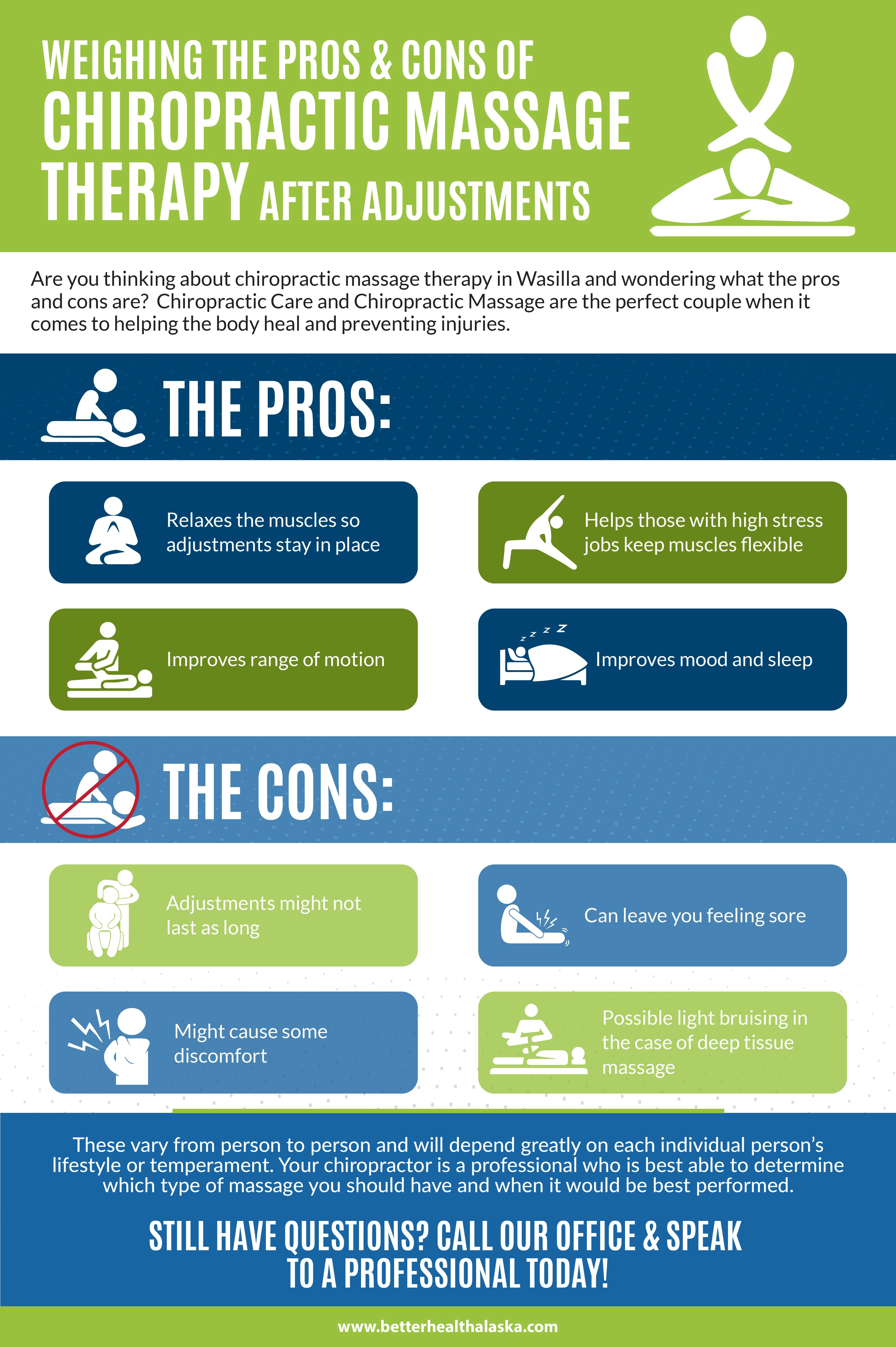Nutrition And Its Relevance In Neck And Back Pain Control: Foods To Support And Foods To Avoid
Nutrition And Its Relevance In Neck And Back Pain Control: Foods To Support And Foods To Avoid
Blog Article
Material Develop By-Cochrane Lockhart
When it pertains to managing your back pain, the food options you make can substantially influence exactly how you feel daily. Imagine being able to alleviate your pain simply by adjusting what you consume. By understanding the duty of nutrition in back pain monitoring and recognizing which foods to incorporate or stay away from, you can take proactive steps towards a healthier and extra comfy way of life. The link between nutrition and back health is a lot more extensive than you might realize-- allow's check out just how particular foods can either calm or intensify your pain in the back.
Importance of Nourishment in Pain In The Back
Nutrition plays a critical duty in taking care of pain in the back. Your diet regimen can significantly impact inflammation levels and total pain degrees in your back. Consuming a balanced diet abundant in nutrients like vitamins D and K, calcium, magnesium, and omega-3 fatty acids can help in reducing inflammation and strengthen bones, which are vital for back health.
In addition, preserving a healthy and balanced weight via appropriate nutrition can ease tension on your spine, reducing the threat of neck and back pain.
Moreover, particular nutrients like anti-oxidants discovered in vegetables and fruits can assist battle oxidative stress and anxiety and promote healing in the body, consisting of the back muscle mass and spinal column.
On the other hand, consuming too much amounts of processed foods, sugary drinks, and undesirable fats can add to swelling and weight gain, exacerbating back pain.
Foods to Eat for Back Health And Wellness
To sustain a healthy and balanced back, incorporating nutrient-rich foods into your everyday dishes is crucial. Including foods high in anti-oxidants like berries, spinach, and kale can help in reducing swelling in your back, easing pain and discomfort. Omega-3 fatty acids discovered in fatty fish such as salmon and mackerel have anti-inflammatory homes that can benefit your back health.
Additionally, consuming nuts and seeds like almonds, walnuts, and chia seeds gives essential nutrients like magnesium and vitamin E, which sustain muscle feature and minimize oxidative tension. Including lean healthy proteins such as chicken, turkey, and tofu can help in muscular tissue repair and maintenance, advertising a solid back.
Do not fail to remember to consist of milk or strengthened plant-based choices for calcium to sustain bone health and wellness. Last but not least, moisturize with plenty of water to keep your spine discs moisturized and operating efficiently. By consisting of these nutrient-dense foods in your diet plan, you can nourish your back and support overall spine health.
Foods to Stay Clear Of for Pain In The Back
Choose preventing processed foods high in sugarcoated and trans fats when looking for relief from pain in the back. These kinds of foods can add to swelling in the body, which may intensify back pain. Say no to sugary snacks like candy, pastries, and sugary drinks, as well as fast food things like burgers, fries, and fried chicken that are frequently packed with trans fats.
Additionally, stay away from foods having high degrees of refined carbs, such as white bread, pasta, and pastries, as they can spike blood sugar degrees and possibly intensify inflammation in the body.
why does my lower back hurt without injury 's likewise smart to restrict your intake of foods high in saturated fats, like red meat and full-fat milk products, as they can contribute to swelling. Refined mouse click the up coming article like delicatessens meats, chips, and packaged snacks are commonly high in saturated fats and need to be eaten in moderation.
Final thought
In conclusion, paying attention to your diet and making smart food choices can have a substantial effect on handling neck and back pain. By incorporating nutrient-rich foods like berries, fatty fish, nuts, and lean healthy proteins, and avoiding refined and sweet products, you can help reduce swelling and support generally back health and wellness. Keep in mind, what you consume plays an essential duty in just how you really feel, so ensure to prioritize your nutrition for a much healthier back.
